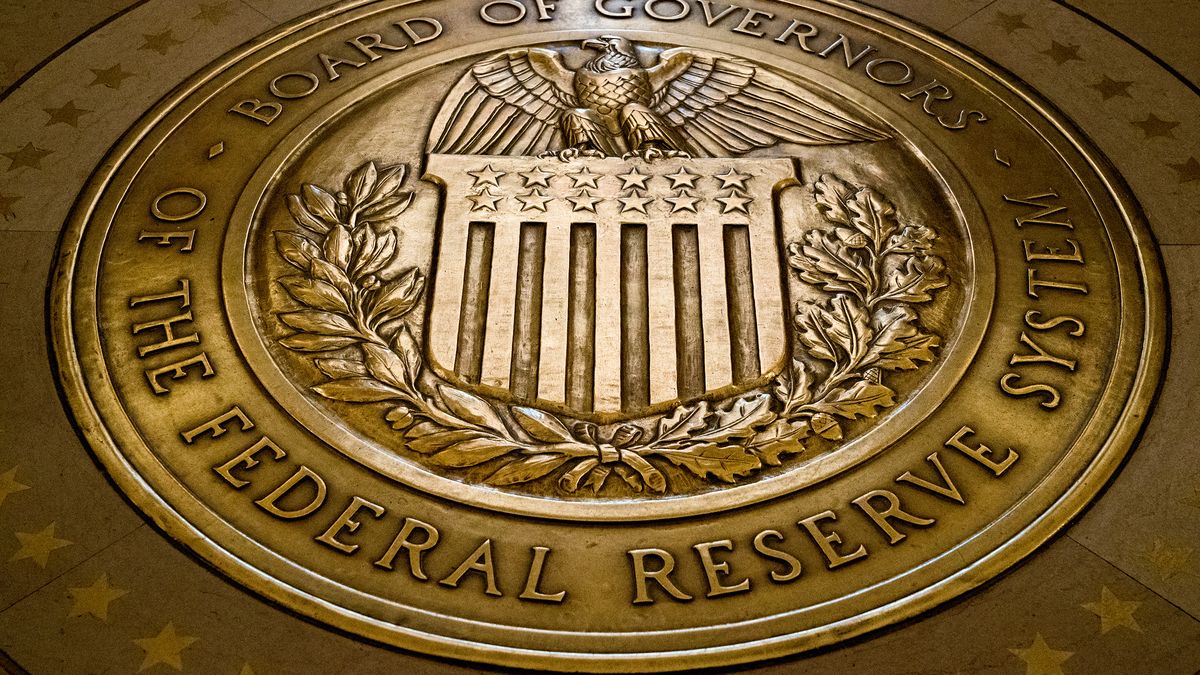The entire environment surrounding Wall Street rules out that the agency will adjust the rate again for the coming months and estimates that it will remain at that level until the end of the year. It should be remembered that the Federal Open Market Committee (FOMC)) of the Federal Reserve increased the indicator from a range of 0% to 0.25% a year ago to 4.75% to 5% today in its attempt to subdue the inflation.
Investors’ attention is focused on the perspectives that the Fed will outline for the coming months and the indications that the president of the organization may project, Jerome Powellduring the conference this afternoon.
Pausing the contractive cycle
Economists expect Powell to hint that the United States is nearing a long-awaited pause in its rate hikes. However, he will not necessarily send a clear signal that this week’s rally will be the last.
Instead, he will likely stress that more rate increases could occur if inflation were to remain persistently high, well above the 2% target rate.
Observers consulted by Bloomberg expect the US central bank. Submit your latest rate increase, with stricter credit conditions and signs of a slowing economy which suggest that inflation will cool more significantly in the second half.
Everything seems to indicate that the Federal Reserve will continue to focus on lowering inflation and will put aside the banking crisis since the collapse is not expected of the First Republic Bank over the weekend, may overshadow the interest rate adjustment.
At the Federal Reserve’s last meeting, in March, its officials predicted that they would implement one more hike and then leave rates unchanged until next year.
Those forecasts are released once a quarter, so they won’t be updated until June. However, seven of the 18 Fed directors projected rates to exceed 5.1%, while only one forecast a lower rate.
Uruguay charted its own path
He Central Bank of Uruguay (BCU) charted a path away from global monetary contractionary policy after the last meeting of the Monetary Policy Committee (Copom) on April 19 when it surprised with a drop in the interest rate while the market expected a freeze on it. Currently the monetary policy rate (MPR) Uruguay stands at 11.25% even though inflationary expectations rose and are far from the target of 3-6%.
An impact on global dollar bonds could be expected during the day. However, the Uruguayan titles show stability and come from a week with significant increases after the decision of the rating agency Standard & Poor’s to raise Uruguay’s credit rating to BBB+, the highest in the country’s history and two notches above investment grade.
Bonds maturing in 2024 and 2025 increased by 0.15% and 0.14%, respectively; while those maturing in 2027 and 2031 increased 0.75%, equally, according to data from AFAP Republic.
In turn, the 2033 bonds appreciated by 0.90%; he Bond Indexed to Climate Indicators (BIIC) to 2034, 1.14%; and 2036 bonds, 1.39%. Meanwhile, those with maturities in 2045, 2050 and 2055 increased by 1.9%, 1.73% and 1.77%, respectively. All the increases occurred with respect to the third week of April.
How will the Fed’s decision affect emerging markets?
The decision of the Federal Reserve to pause the increase in the reference interest rate will have a positive effect for the emerging marketswhich were affected by the global risk aversion cycle unleashed by the Fed’s tightening monetary policy.
“Thinking more about 2024, once the inflationary phenomenon in the United States is under control, it will be key to identify the Fed’s positions and perspectives regarding the duration of the high level of interest rates, since as it begins to signs of decline, surely The biggest beneficiaries, due to their characteristics and eventual valuations, are the financial assets of emerging countries”, pointed out to Ámbito Financiero Lucas Biagetti, financial analyst at Quaestus Advisory. And he added: “The effects of a potential recession in the United States, the degree of its impact and the ability of companies to respond to the phenomenon, as well as obviously the inherent issues of each particular economy of these enter into the equation. countries that is extremely complex”.
Source: Ambito




